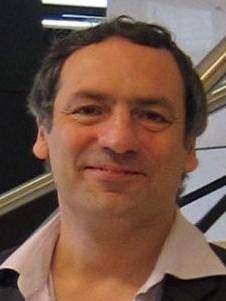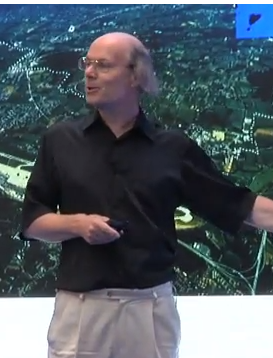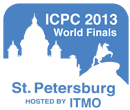An Important Move Optimization Is Nearly Invisible -- Andrew Koenig
 Today in Dr. Dobb's:
Today in Dr. Dobb's:
An Important Move Optimization Is Nearly Invisible
by Andrew Koenig
From the article:
Last week, we looked at subtle differences between copying and moving a container (a
stringin this example) in the context of passing arguments to functions. Curiously, one of the biggest differences between copying and moving happens in code that we don't write. ...The improvements in robustness and functionality that stem from moving instead of copying are, in my view, at least as important as the optimization. ...

 The solution to the latest GotW problem is now available:
The solution to the latest GotW problem is now available: Libc++ now has a status page for the C++1Y/C++14 implementation. You can follow along here to see when your favorite features are implemented:
Libc++ now has a status page for the C++1Y/C++14 implementation. You can follow along here to see when your favorite features are implemented: New on Code Project:
New on Code Project: This open source REST SDK also supports Linux...
This open source REST SDK also supports Linux... The "universal references" term is getting traction:
The "universal references" term is getting traction:
 Bjarne Stroustrup spoke at this summer's ACM International Collegiate Programming Contest World Finals held in St. Petersburg, Russia. While there, he also gave this 8-minute interview in the context of balancing efficient code with the out-of-the-box problem solving required by ICPC problem challenges.
Bjarne Stroustrup spoke at this summer's ACM International Collegiate Programming Contest World Finals held in St. Petersburg, Russia. While there, he also gave this 8-minute interview in the context of balancing efficient code with the out-of-the-box problem solving required by ICPC problem challenges.